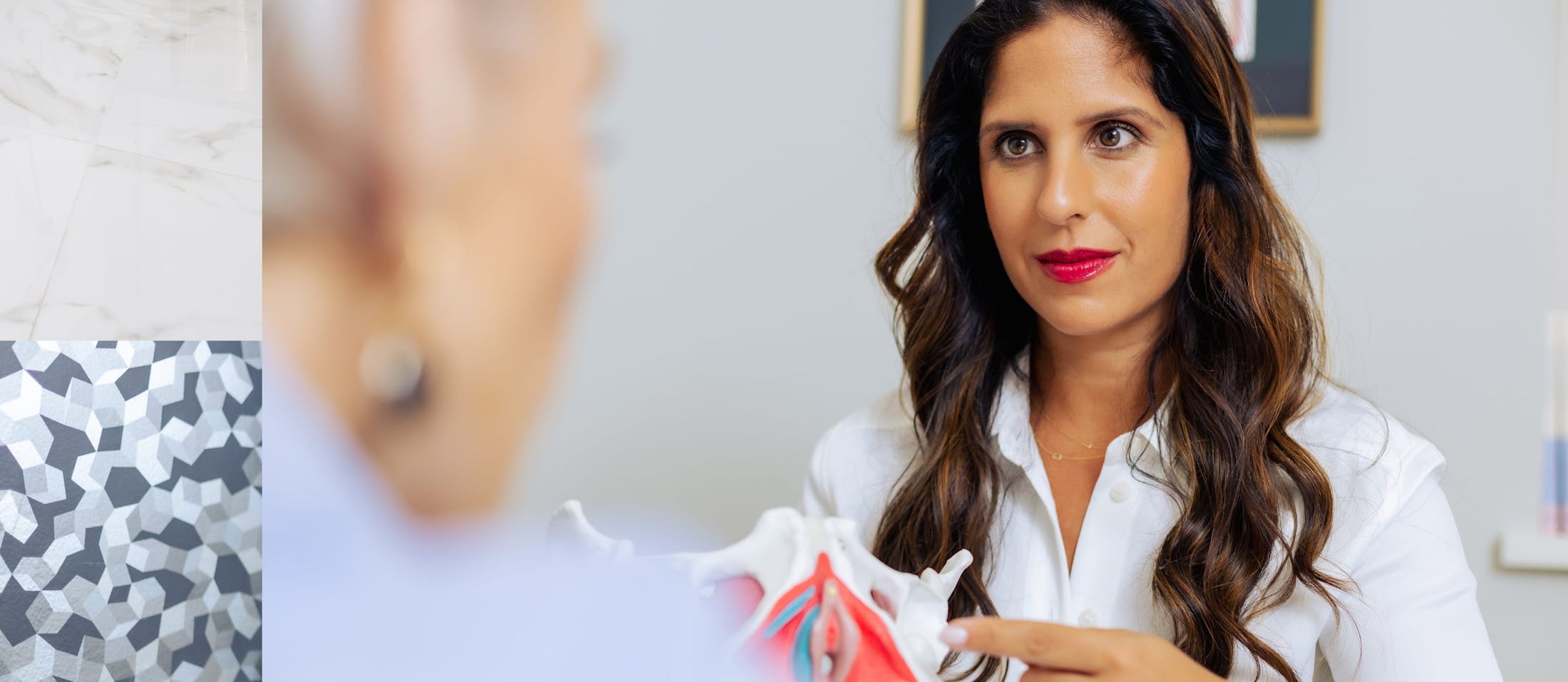
Living with uterine fibroids can be confusing and overwhelming, especially when you’re navigating symptoms that disrupt your everyday life. At Pelvic Pain Doc in NYC, Dr. Sonia Bahlani offers expert, patient-first care for women experiencing the full spectrum of fibroid-related complications. With a rare combination of urologic and gynecologic training, Dr. Bahlani is uniquely qualified to treat fibroids through a holistic lens that prioritizes your long-term well-being. As a boutique concierge practice, Pelvic Pain Doc is designed for comfort, privacy, and truly personalized support.
Here are seven essential things to know if you’ve been diagnosed with uterine fibroids—or suspect you may have them.
1. Uterine Fibroids Are Extremely Common
Fibroids are benign tumors that develop in or on the uterus, and they affect up to 70–80% of women by the age of 50 (NIH). While not all fibroids cause symptoms, many women struggle with heavy periods, pelvic pressure, or discomfort without realizing fibroids may be to blame.
2. They Can Be Asymptomatic—But Still Impact Health
You might not experience pain or bleeding, but fibroids can still affect fertility, bladder function, or digestion. Silent symptoms like frequent urination, constipation, or back pain may actually be signs of fibroid growth. Learn more about symptom patterns from the Office on Women’s Health.
3. There’s No Single Cause, But Hormones Play a Role
While the exact cause of fibroids remains unclear, higher levels of estrogen and progesterone are known to contribute to their growth. Genetics, age, and even race also influence your risk (NIH).
4. Lifestyle Changes Can Support Prevention
Although fibroids can’t always be prevented, managing weight, exercising regularly, and eating a diet rich in fruits and vegetables may help regulate hormone levels. Reducing stress and avoiding processed foods can also play a preventive role.
5. Treatment Options Range From Mild to Advanced
At Pelvic Pain Doc, we provide cutting-edge therapies based on your specific needs. These include:
- Medication: Hormone-regulating drugs or NSAIDs to manage symptoms.
- Minimally invasive techniques: MRI-guided procedures to shrink fibroids.
- Surgical options: Myomectomy or hysterectomy when necessary.
Dr. Bahlani also collaborates with interventional radiologists when uterine artery embolization may be a beneficial approach.
6. Fibroids Can Affect Fertility—But Hope Remains
Depending on their size and location, fibroids may interfere with conception or pregnancy. However, with specialized care from an expert like Dr. Bahlani, many patients go on to have successful pregnancies. Tailored treatment plans help balance symptom relief with fertility preservation whenever possible. Learn more about fibroids and fertility.
7. Expert Care Makes All the Difference
Uterine fibroids can dramatically impact quality of life, but the right provider will empower you with clear options and compassionate support. Dr. Bahlani’s dual training in urology and gynecology sets her apart, allowing for a comprehensive, personalized approach to fibroid care in NYC. Her concierge-style practice ensures that each patient receives attentive, uninterrupted care in a supportive, luxurious setting.
Start Your Path to Relief with Pelvic Pain Doc
If you're experiencing pelvic pain, heavy periods, or unexplained pressure, it’s time to consult a specialist who listens—and acts. Dr. Sonia Bahlani at Pelvic Pain Doc is a fellowship-trained expert in pelvic health and provides individualized treatment to help you reclaim your quality of life. Whether you're seeking answers, symptom relief, or long-term care for uterine fibroids, Pelvic Pain Doc offers the advanced options and compassionate care you deserve.
Contact Pelvic Pain Doc today to schedule your consultation and take the first step toward feeling like yourself again.

